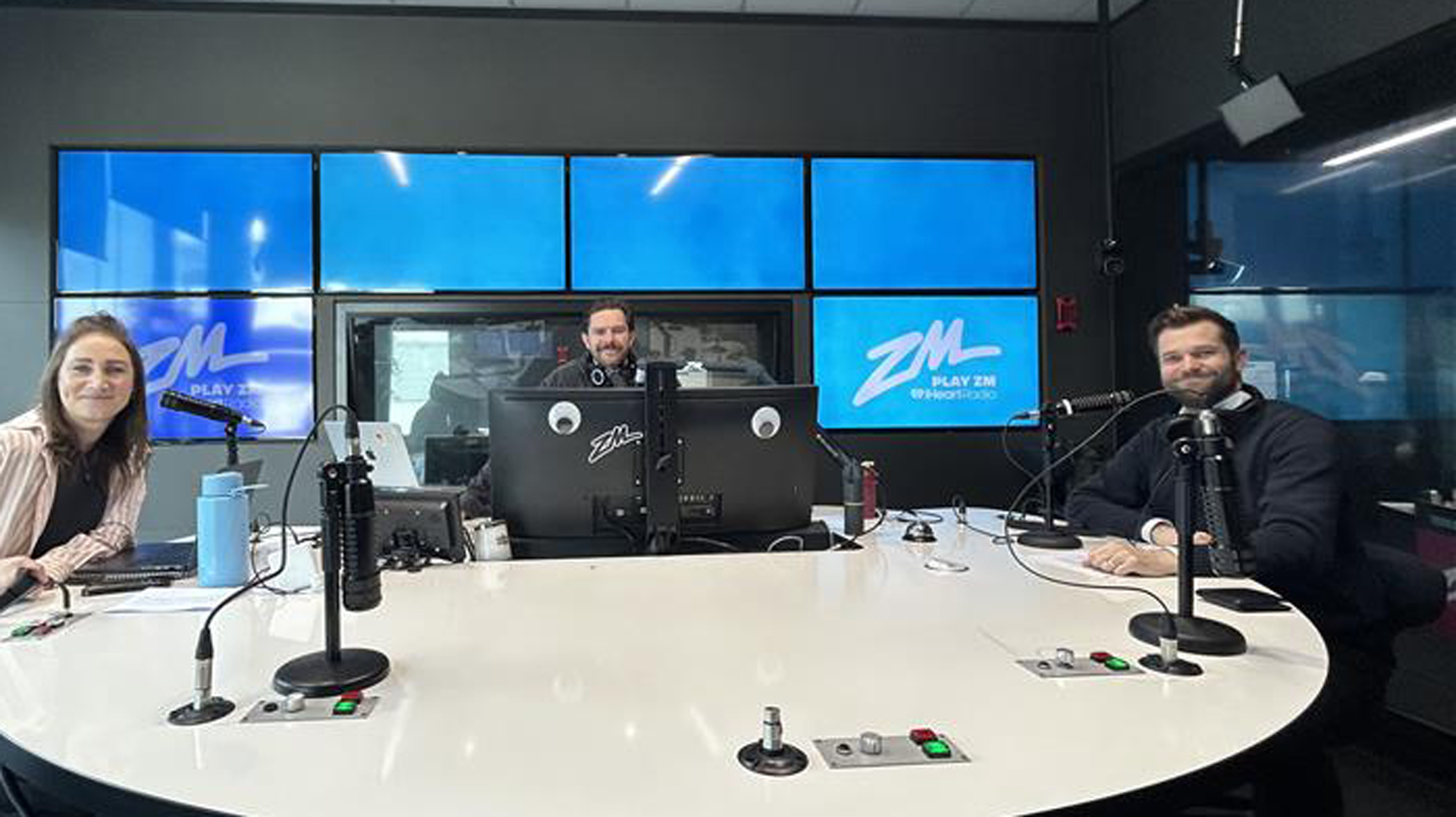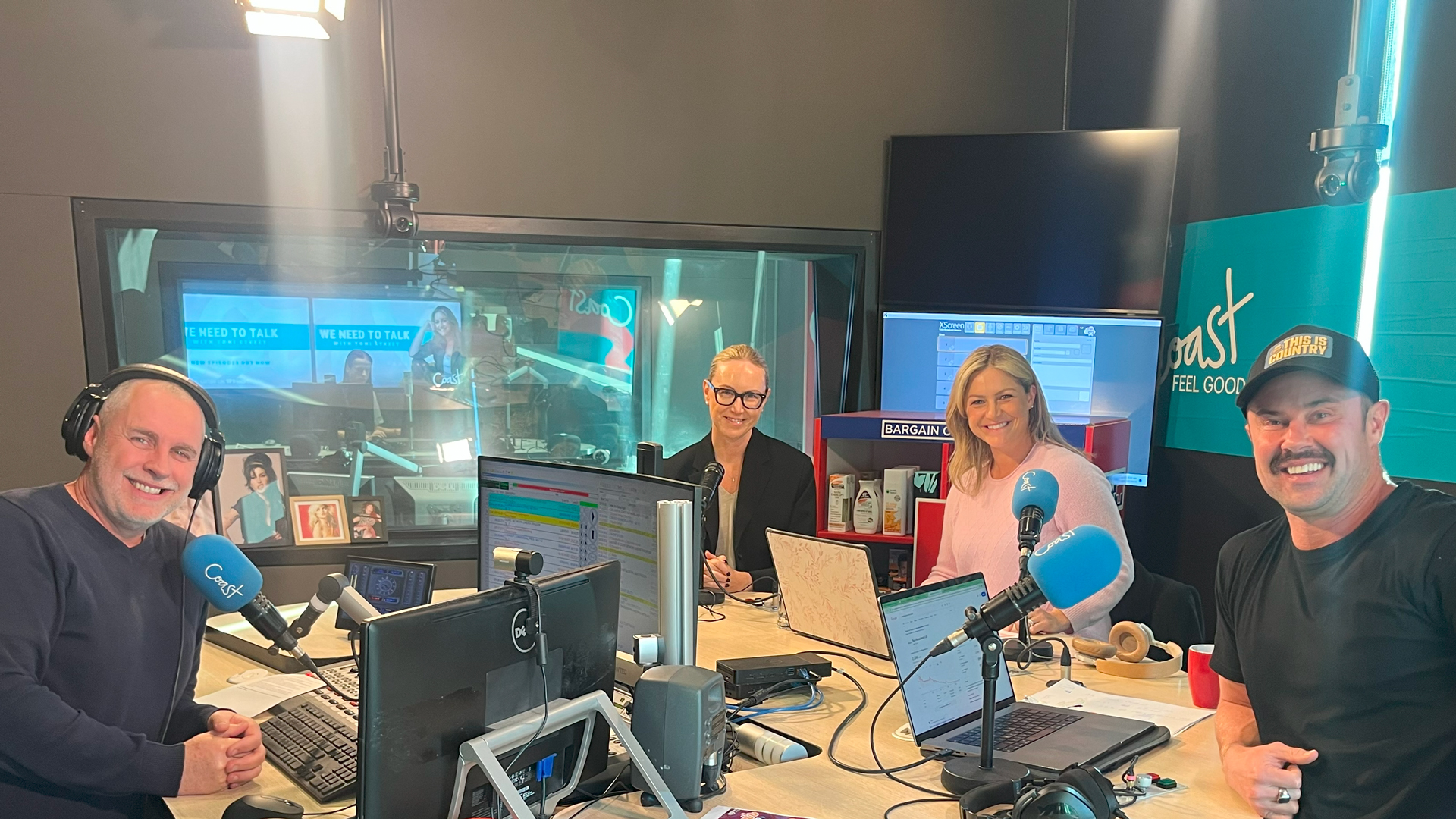As a consumer in the Western world, almost everything you own or wear cascades through a long and opaque international supply chain before it arrives in your possession. From the clothes on your back and the phone in your pocket, to the beans used to make your morning coffee, all at some point in their journey snake through regions exposed to a high risk of modern slavery. The uncomfortable reality is that there’s a real chance items you use every day are produced by the work of enslaved cotton pickers in China’s Ughur region, debt-bonded migrant workers assembling electronics in Malaysia, or trafficked children harvesting coffee beans in Côte d’Ivoire.
Due to the immense scope of some businesses, they require a vast number of suppliers to fulfil their operational needs. Many of these suppliers operate in regions where labour is cheaper, and labour laws are poorly enforced. Unfortunately for businesses, a complicated supply chain results in reduced transparency and reduced control of the upstream conditions imposed on workers to deliver their final product.
It is at this point that some companies attempt to shirk responsibility for the human rights abuses committed to generate their profits by sticking their heads in the sand and pleading ignorance to the conduct of their suppliers – if we can’t see it, it’s not happening.
Where does the buck stop?
Addressing modern slavery is particularly difficult for governments and regulators due to the international nature of the problem, and the limited legal influence they can impose upon offshore operations. Many countries impose import bans on goods that are the fruit of slave labour, however the responsibility to identify slave labour remains primarily with the importing company.
In Australia, companies with revenue above $100m are required to submit a Modern Slavery Statement to a public register which outlines the company’s risk to modern slavery and any action the company has taken to address that risk. However, the current Act does not necessitate that identified incidents of modern slavery be publicly reported, nor legislate any specific or tangible actions that must be taken. The New Zealand Government has recently completed consultation on its own Modern Slavery legislation, which suggested broadly similar requirements.
All talk, no action?
While introducing mandatory reporting has turned the public spotlight on some of our biggest companies, some have been more proactive than others at taking real action to eliminate modern slavery from their supply chains. Let’s take Ansell for example, one of Australia’s largest suppliers of healthcare personal protective equipment. They are recognised by the Australian Business and Human Rights Resource Centre as one of the best-disclosing companies in Australia, which is a meaningful endorsement for an ASX listed company.
However, one of Ansell’s key glove suppliers, Brightway Group, has been identified by both Malaysian and US authorities for numerous human rights abuses, including debt bondage, excessive overtime and poor living conditions. Ansell has denied any liability and continues to utilise this supplier despite a slavery-related import ban into the USA and lawsuit from former Brightway Group workers for “knowingly profiting” from their forced labour.
How do we make meaningful change?
As highlighted above, a company’s knowledge of modern slavery does not necessarily result in sufficient positive action to address it. Implementing mandatory company reporting on modern slavery risk is just the start of complex journey to achieving a truly ethical supply chain. Simply reporting slavery risk is meaningless unless investors are prepared to hold companies to account and demand that they take action.
Here at Milford, we believe that an engagement approach will yield the best outcomes for both the company and our investors. Based upon our research of market best practice the areas that we feel are most important to test are the scope, frequency, and independence of their auditing processes, and encouraging thorough due diligence and training of their suppliers. The increased transparency offered by mandatory Modern Slavery reporting means we can more meaningfully engage with companies about their specific risks and actions, and how their performance compares to market leaders.
So as an investor this reporting season, don’t forget to ask yourself… What am I wearing?


